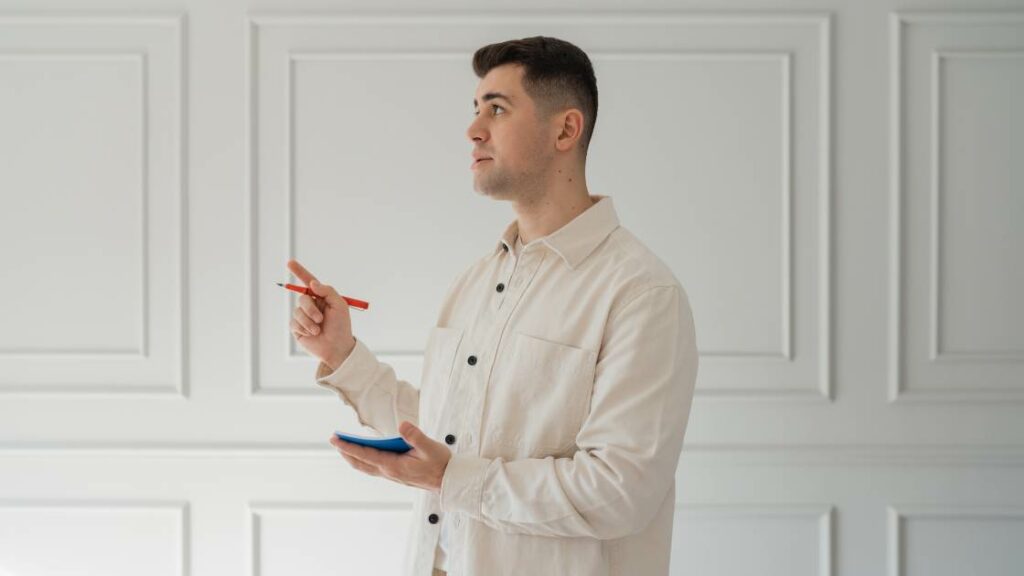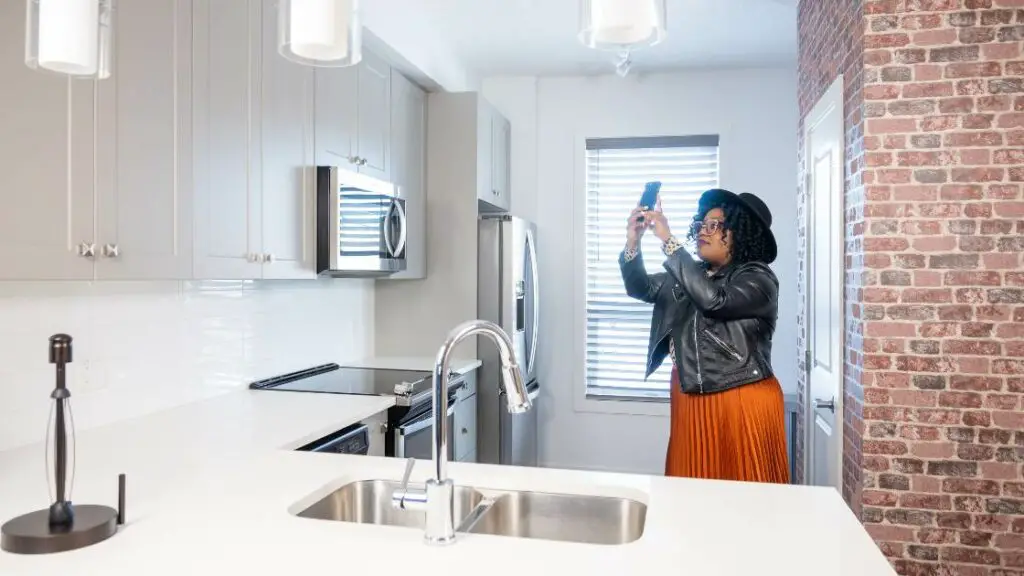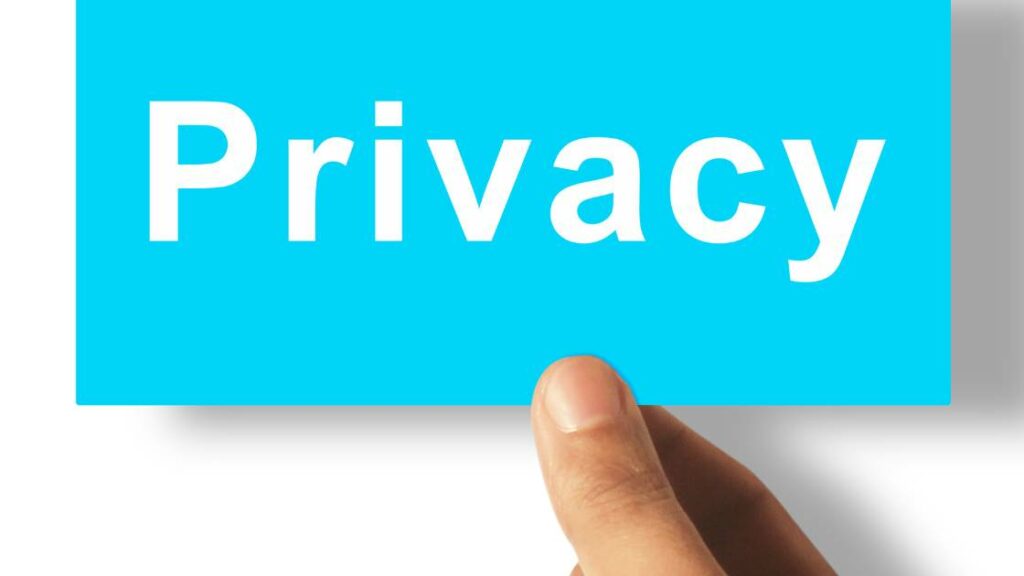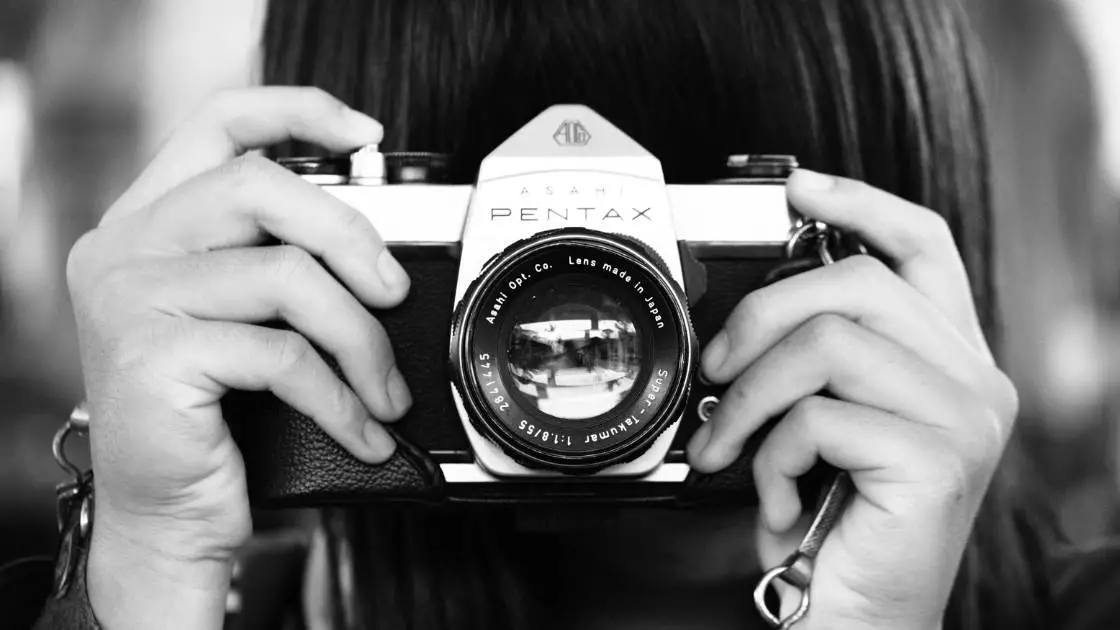If you are worried that your landlord will be taking a bunch of pictures of your rental unit (or even videotaping it) during an inspection, you may be wondering whether they have the right to do so.
Or they may have already done so and you are concerned that they may have gone overboard by taking pictures of personal items or other things that seem outside the scope of the inspection.
It’s a legitimate concern and I totally get how excessive picture-taking can seem like an invasion of privacy.
In this article, I am going to cover whether a landlord can take pictures of your place during an inspection, the purpose behind doing so, and some steps you can take to minimize any concerns around privacy during a routine property inspection.
It’s a lot to cover, but if you want the short answer to the question, it’s as follows:
Your landlord may take pictures of your dwelling during an inspection of the premises, but they should be limited to the scope of the inspection. Typically, this includes conditions that could cause health and safety issues, items that have been damaged, and anything that violates the lease, or other applicable laws, rules and regulations.
However, they shouldn’t be taking pictures of items that are outside the scope of the inspection, such as personal effects that have no impact on (or relationship to) any of the inspection areas I noted above.
Ok, let’s get into it.
The information contained in this post is for informational purposes only. It is not legal advice. You should seek the advice of a qualified legal professional before making any decisions relating to the topics covered by this article.
We may earn commissions from products and services that are purchased or recommended through our website as part of our affiliate partnerships. As an Amazon affiliate, we may earn from qualifying purchases.
What is the Point of an Inspection?

A landlord will often conduct periodic inspections of the your property to make sure it is being maintained properly and that the tenant is abiding by the lease.
An important benefit of an inspection is that it allows landlords to catch any damage to the property and to address it early on before it becomes more severe.
So they will look for things like mold, pests, and leaks.
They will check the premises generally for any damage to the walls, floors, appliances, and so on. They may also check for any thing that could impact health and safety, such as making sure the smoke detectors are working, your fire extinguisher is not expired, and so on.
What Pictures Can a Landlord Take During an Inspection?
As mentioned earlier, if something is flagged as an issue during the inspection, it is not an invasion of privacy to take a picture of the issue or condition. So they may take a picture of a leaky water heater to find out its specs so they can either fix or replace it.
Similarly, they may take pictures inside your closet if there is evidence of water damage, mold, or pests there.
But landlords should not be rooting through the tenant’s belongings or touching their personal property without the tenant’s permission. Source
Why Would a Landlord Need to Take Pictures in the First Place?

Your landlord could be taking photos during an inspection for several reasons. Here are some of the main ones.
Maintaining a Record
Your landlord can be taking photos to maintain a record of the inspection and to clearly identify any areas that need remediation.
A picture is worth a thousand words, especially when they call a tech to repair an item. Showing them a picture of the problem, including the model number of the item needing repair, can really make things easier for everyone.
Lease Violations
One of the main reasons why a landlord may have periodic inspections is to make sure the tenant is complying with the lease terms.
This could include evidence of pets or smoking (if they are prohibited under the lease), unauthorized tenants or guests, poor maintenance of the property, illegal activity, and so on.
Obviously, if you’ve breached your contract and that shows up during an inspection, your landlord is well within their rights to document that breach through photos as evidence.
Damage to the Unit
This is probably the big one. Damage to the property is likely going to be top of mind for your landlord during an inspection.
If they discover damage, your landlord will take photos not only for proof that it occurred during your residency (which is why they have a move in inspection as well), but to show the damage to relevant parties like the repair or maintenance crew.
In the worst case, they may want this documentation for legal purposes if the damage is due to a significant violation of your lease and they want to pursue eviction proceedings.
If you’re worried about being wrongfully accused of damaging property, make sure your landlord includes any existing damage during your move-in inspection.
Health and Safety Hazards
We’ve already covered this, so I won’t belabor the point. If you’re going through problems like a rat issue, lead paint exposure, or mold, your landlord may have to take photos to find the source and to help remedy the issue.
How Can I Preserve My Privacy During an Inspection?

The best thing you can do is remove from sight anything that you would not want your landlord to see or photograph.
You can stow it away inside a drawer or chest. Landlords are generally prohibited from looking inside those items without your permission.
Another thing you can do is to be present during the inspection. That will keep any overly nosy landlords from snooping around and going through your stuff when they know they shouldn’t.
It will also give you an opportunity to object if you think they are crossing the line. Don’t be afraid to do so – as long as you are polite and reasonable, most landlords will try to accommodate that.
If they insist on doing something that you believe violates your right to privacy or to the quiet enjoyment of your home, you will at least have been present during the act and can testify to what happened.
Conclusion
Yes, your landlord can take photos during an inspection, but there are limitations and you absolutely have rights. Keep the tips we talked about in mind and you should be able to preserve your privacy and navigate through a landlord inspection without too much hardship.

